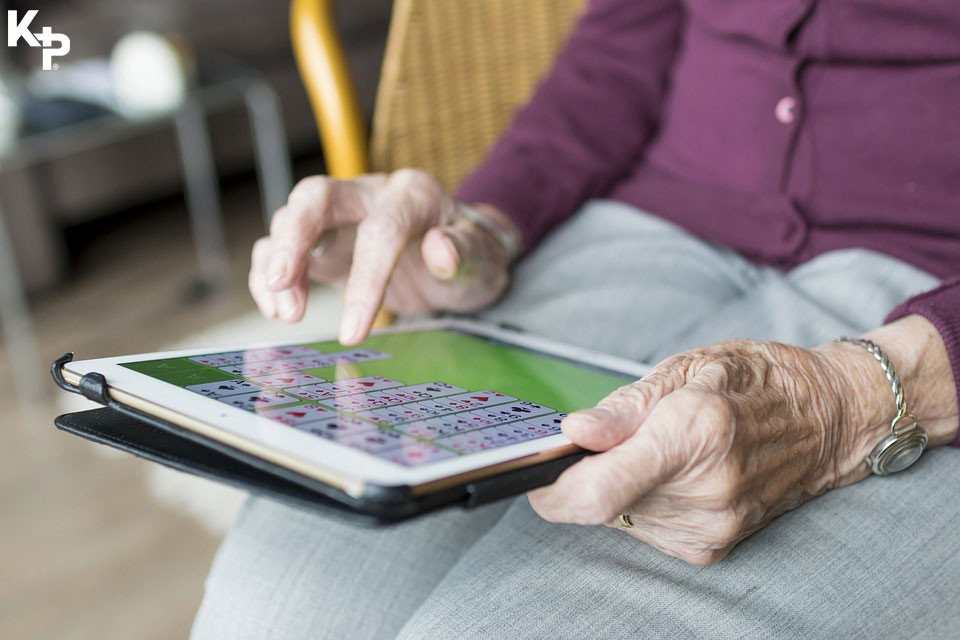How is assistive technology helping dementia patients and their carers?
Friday, May 25th, 2018 | Uncategorized
According to the Alzheimer’s Society, there are currently 850,000 people in the UK living with the disease and it is expected to reach one million people by 2021. As the number of cases increases, it is important to have skilled carers to ensure that complex and dynamic care is delivered. A key response to this challenge has been the development of assistive technology which is designed to support people with dementia so they can live more independently and safely in their own home for longer.
What is assistive technology?
Assistive technology is any item, object, device or system that helps a person to complete a task which they may have been unable to carry out, or improves the safety and ease in which these tasks can be completed. Assisted technology devices can be either ‘supportive’ where they help the person complete a task, ‘responsive’ which helps to manage risk and raise alarms and ‘preventative’ which helps to prevent harm and raise alarms. Technologies range from ‘low-tech’ items including clocks to ‘high-tech’ such as alarms and mobile apps.
Some of the assistive technology innovations which can help individuals living with dementia and their carers includes:
- Dementia-friendly clocks and watches – people living with Dementia often lose the ability to keep track of time. There are a variety of dementia friendly clocks and watches available to help dementia patients keep track of the time and day of the week to help ease confusion. These usually have large faces and font to make it easier for the person to read. They can also help caregivers by reinforcing that it is the time they say it is.
- Location tracking devices – one of the concerning symptoms of dementia is the tendency to wander and for the person to not know where they are. There are now new solutions to help keep your loved one safe and secure to hopefully put the wandering to an end. Location tracking devices can be attached to the person’s clothing or even worn in their shoes. These devices can be connected to the caregivers’ phone and can send an alert to where the person is if they ever go missing.
- Medication management – this form of technology can vary widely, ranging from simple pillboxes marked with days of the week to automated pill dispensers which sends updates to caregivers when the pills are taken.
- Apps – apps for smartphones can help people living with dementia to be more independent in the earlier stages. One app that has been successful in helping dementia sufferers is MindMate. This app is completely free and helps to train your brain, provides reminders and nutritional advice. For more details visit the MindMate website.
These are just a few examples of how assistive technology is helping people with dementia and their caregivers. If you would like to find out more about assistive technology, visit the Alzheimer’s Society website.














